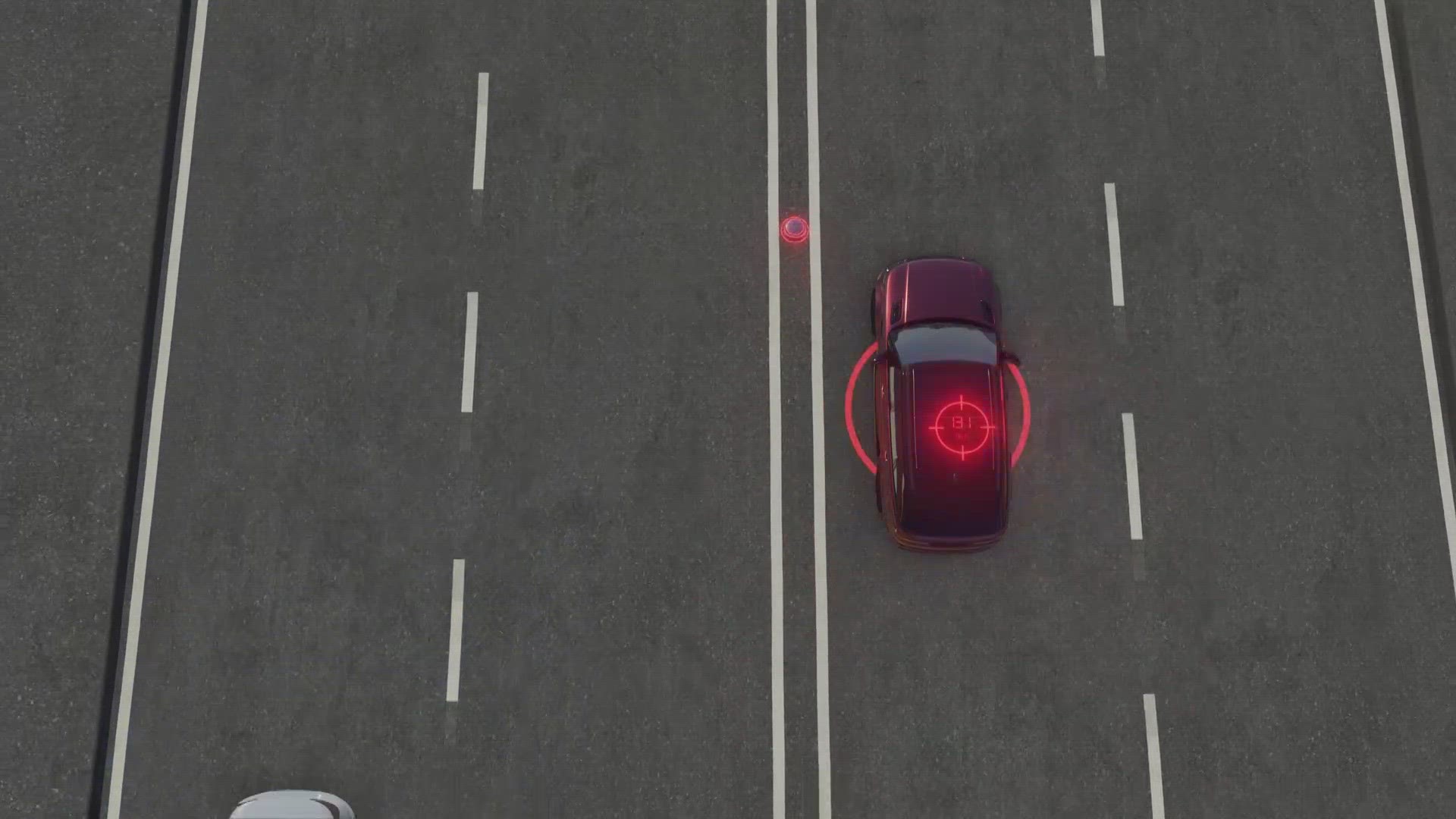BOULDER, Colo. — As greenhouse gases continue to accumulate in the Earth's atmosphere, more consumers are turning to electric vehicles to help mitigate climate change.
“I think electric vehicles are definitely part of the future solution," said Curtis Walker, a project scientist with the National Center for Atmospheric Research (NCAR). "But I think there’s a lot of moving parts as well that really need to calibrate and dance in harmony with one another.”
He said the world just might be ready for electric vehicles to take over the roads, but our current infrastructure might not be ready to switch gears completely.
Walker is the principal investigator for a new NCAR research project to study the complex intersection of new vehicle technologies, the current and aging infrastructure, and how a changing climate interacts with both of those aspects.
To broaden the reach of the data and add more manpower to the science team, NCAR will team up with the new Global Center for Clean Energy and Equitable Transportation Solutions -- a joint venture of the National Science Foundation (NSF) and the United Kingdom Research and Innovation Engineering and Physical Sciences Council.
New cars and old infrastructure
One of the main points of emphasis for Walker and his team will be the vehicles' weight. A new electric car can be up to 1,000 pounds heavier than a car with a gas engine.
“And so, with that heavier vehicle there’s a safety implication of structures like parking garages, overpasses, bridges, tunnels, etcetera,” he said.
More weight might also mean more wear and tear, meaning shorter lifespans for roads or more frequent repaving, along with possibly needing to rebuild some bridges.
Additional weight could also impact vehicle wear and tear, like how long a set of tires might last.
Walker also wants to identify any possible effects on climate.
“So, when we have to reinforce infrastructure to be ready for those EVs, in turn we may be further exacerbating pollution,” Walker said.
He said our power grid is also part of infrastructure. The more cars we plug in, the more strain we put on power plants. He said more specific information about that strain will lead to cleaner solutions.
Climate impacts
Another aspect of the NCAR project will be to study the impacts that EVs have on climate, and how the changing climate might affect EVs in the near future.
"That one family vehicle that gets electrified, then you repeat that across a whole neighborhood, a subdivision, a community and more -- that does start to make a difference and put a dent in emissions," Walker said.
He said switching to electric vehicles is one of the most impactful ways an individual can make a difference in the fight against climate change, but at this point it's unlikely, even with a complete conversion of the transportation sector, that we will ever see our climate return to the way it was 150 years ago.
"With that in mind, we have to start thinking about how these electric vehicles will be impacted by future climate," Walker said. "Especially when it comes to the batteries themselves."
He said with even warmer temperatures or at least current heat levels existing for many years down the road, the lifespan of car batteries, or the range of the charge, may change through time.
Extreme cold may have an even greater impact, Walker said.
Another aspect of weather that is expected to become more extreme with climate change is storm flooding and coastal sea-level rise.
"Water does quite a number on cars now. Imagine what it can do to electric vehicles," Walker said. "It's a new dimension to an old weather impact."
Another interesting topic that will be studied in NCAR's project is the cost effectiveness of manufacturing, buying, maintaining and reselling an electric vehicle.
SUGGESTED VIDEOS: Latest from 9NEWS

